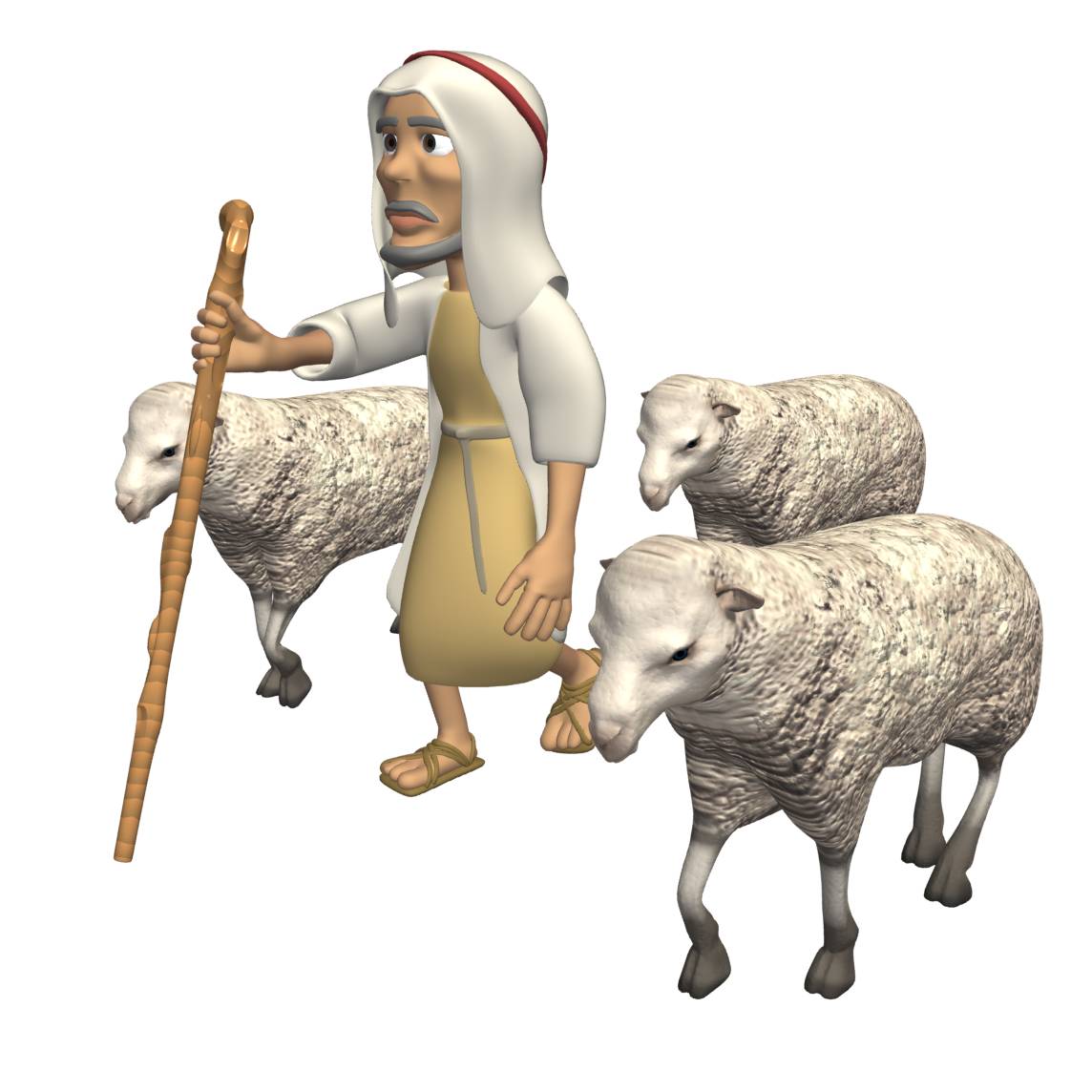
1 Timothy
1 Timothy 1:4, Doctrine…fables. Both the modern Jews and Christians have exchanged many biblical doctrines for fables. Fables refers to myths or fiction. In Christianity, for example, think of Santa Clause and the Easter bunny for example. In Judaism, the Midrash Rabbah (the rabbinic commentary on the Torah) as well as the Talmud and Zohar are full of myths and fables. Various church denominations have institutionalized into doctrine many unbiblical and man-made traditions, which, in essence, are myths. For example, the doctrine of the immortality of the soul, the wicked being tormented in hellfire forever, the pre-tribulation rapture, the veneration of Mary, purgatory, a male Holy Spirit, the abrogation of the Torah, exchanging the seventh day Sabbath for Sunday and the biblical feasts for Christian holidays, and the list goes on and on.
1 Timothy 1:5, Commandment. When a Jewish writer of Scripture speaks of the commandments, it can only refer to one thing: YHVH’s Torah-law. The commandments or mandates of Elohim are in stark contrast to the fables of men referred to in the previous verse. How quickly humans willingly turn from the Word of Elohim to fables. Adam and Eve listened to the lies of the serpent and quickly turned away from the clear commands of Elohim. The children of Israel quickly turned to golden calf worship. After the death of the last apostles, the early church of the second century A.D. quickly began to turn away from YHVH’s Torah and turn to man-made doctrines, traditions and fables which were then institutionalized into church doctrine and have been passed on down to us to this day.
Commandment…love. The Torah tells us how to love YHVH with all of our heart and our neighbor as ourself. Yeshua in repeating the shema (Deuteronomy 6:4 and Lev 19:18), the traditional Jewish statement of faith, sums up the Torah as such (Mark 12:29–31) as does Paul (Rom 12:8–10) as does James (Jas 2:8) and as does John (1 John 1:7–11; 3:23; 5:2–3).
1 Timothy 1:8, The law is good. This statement is totally consistent with many other similar statements that Paul makes elsewhere in his writings.
1 Timothy 1:12, Putting me into the ministry. Too many people in the church put themselves into the ministry in that they go into it for the wrong reasons. Instead of being a bondservant who lays their life down for those they are serving, they seek to be served, to gain wealth and fame or simply for an easy career. Scripture refers to these people as hirelings and gospel peddlers (John 10:12–12; 2 Cor 2:17)
1 Timothy 2
1 Timothy 2:4, Desires all men to be saved. Although YHVH desires all humans to be saved and has made a way for this to occur through Yeshua the Messiah, not all humans want to be saved or are willing to do what YHVH requires for them to be saved.
1 Timothy 2:8, Lifting up holy hands. Lifting hands is in prayer, praise and worship is an ancient practice that finds precedence in the psalms and when the priests would give the Aaronic Blessing over the Israelites. This gesture is the universal sign of surrender as well as what a young child does when in need of something and approaches his parents.
1 Timothy 2:15, Saved in/through childbirth.
Continue reading








